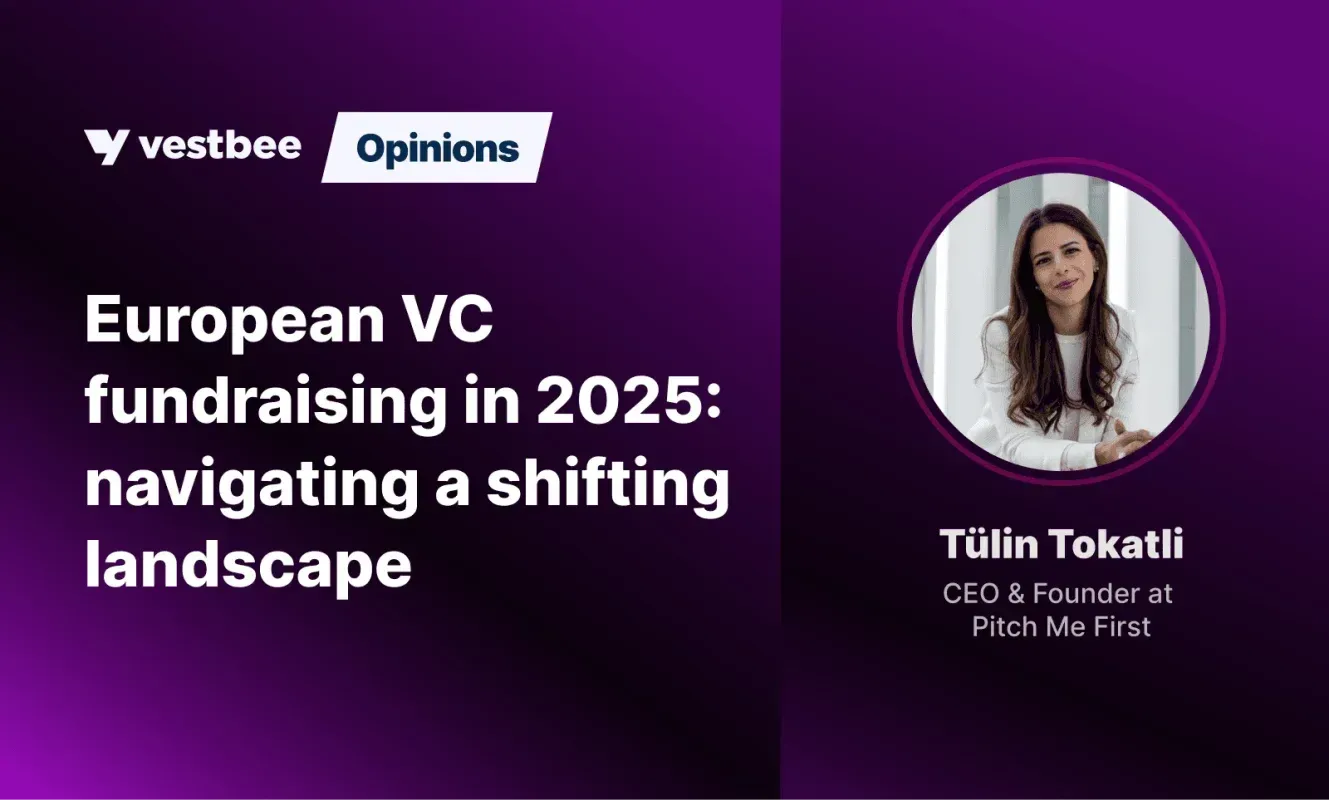As the founder of Pitch Me First, Tülin helps emerging or established fund managers on above related topics but most importantly provides support on their pitch in order to increase their chances of fundraising.
Previously a former LP from European Investment Fund, Tülin has evaluated investment opportunities across growth equity and venture capital funds. This included conducting due diligence, performing quantitative and qualitative analysis, preparing and presenting memos for the Board, monitoring investment portfolios, representing EIF at fund advisory boards and support related internal and external reporting due to various mandates and unfortunately rejecting several fund proposals.







